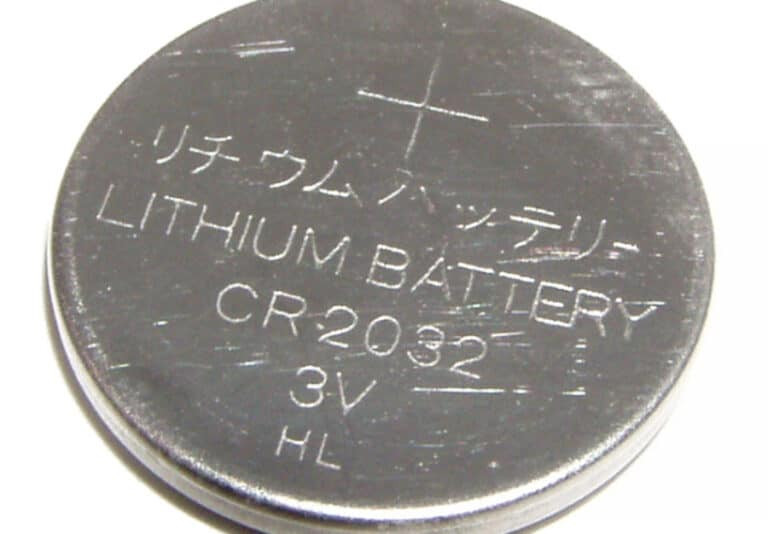The call for a lithium battery certfication scheme is one that much of the industry would echo.
International Air Transport Association (IATA) assistant director for cargo safety & standards, Dave Brennan highlights work of the Medical Devices Battery Transport Council, which is working with the UPS Pilots Association to create a ‘Safe 2 Fly’ system that would require voluntary certification and independent auditing of shippers moving lithium batteries.
It is aiming for a 2018 launch. “It will need to add value to the shipper such as being offered preferential treatment because if it is just an additional cost then I don’t see it succeeding.
“The International Civil Aviation Organization (ICAO) through SAE Aerospace, is also aiming to develop new packaging standards for lithium batteries to ensure any issue with fire is kept inside rather than escape and threaten the aircraft,” Brennan believes.
Brennan adds: “We could see a standard in the middle of next year which could lead to the ICAO looking at whether we could return lithium batteries as cargo back on to passenger aircraft.”

KLM Cargo director for operational integrity, compliance & safety, Kester Meijer feels the sheer complexity of the lithium battery regulations is another contentious issue.
“We need to simplify the regulations and the technical instructions within them. Even the experts are at a loss sometimes to understand them,” he claims.
KLM Cargo safety manager, Ed Boon says a United Nations Working Group is presently looking at how to simplify the process of transporting lithium batteries.
He adds: “If you have a battery it is sometimes difficult to work out what category it falls into,”
Boon says. “Also, there needs to be more clarification of what products come under the regulations. Take the pharmaceutical sector for example. They increasingly want to send tracker devices with their products. But these devices hold a lithium battery. Many don’t understand the categorisations. Simplification is overdue,” he adds.
Complexity and need for intensive checks and completion of internal processes can lead to airlines saying ‘No’ to shipments, Meijer says. “Some of these batteries are getting so large that you need to go through a lengthy process to get approvals from within the airlines,” he says.
“Some departments don’t want to move lithium because it is considered dangerous.”
Peter East Associates managing director of dangerous goods, Nicholas Mohr feels packaging instructions for lithium batteries run for pages and pages and they keep changing.
He adds: “It is a lot for shippers to get to grips with. Those shippers who want to comply have a steep learning curve. Airlines want to restrict, restrict and restrict and are imposing their own guidelines. We should not be where we are in a sector where the demand is increasing.”
The further digitalisation of the freight process and the phasing out of manual paperwork, will Meijer says, also help with improved information sharing and checks.
KLM is also looking at improving dangerous goods (DGR) training by making it more competence based.
“Ramp handlers have to do DGR training but how much of these complex regulations do they remember?” Meijer says.
“Their only focus should be on recognising DGR labels and if something goes wrong such as a fire or a leak what they need to do next. The training needs to be more targeted.”
Boon adds: “They should not be put through hours and hours of training if all they need to do is recognise labels. We are talking to national regulators on how we can make these changes but still ensure safety and efficiency.”
Mohr adds: “We have a lack of dangerous experts amongst shippers and airlines. The main men in the postal operators and airlines know the regulations, but that doesn’t get filtered down to the staff.”
Brennan rejects assertions that lithium battery regulations are too complex: “If you want to ship dangerous goods then you need to understand the regulations and do the training. It is a serious issue so it should be taken seriously. Saying it is too complex is not an excuse.”
Action is being taken and in September Kuehne + Nagel launched BatteryChain, an integrated supply chain solution addressing increasing demand for lithium batteries.
The multi-modal initiative spans from the manufacturer to the assembly line to warehousing and is available for automotive, high-tech and industrial customers, whenever lithium battery logistics is required.
Emirates SkyCargo flies DGR such as lithium batteries contained in and packed with consumer electronics, radioactive medical isotopes, internal combustion engines and dry ice used as a refrigerant for perishables.
Emirates SkyCargo’s manager for cargo standards and operational safety, Trevor Howard says as it now moves more temperature-sensitive pharma, shipments often have data loggers equipped with lithium batteries, making them regulated by certain parts of DGR regulations.
“It is important the reality of accepting, handling and transporting DGR is understood when regulations are discussed, developed or updated,” says Howard.
“We are working with industry to support the automation of dangerous goods acceptance, and removal of paper from shipper’s declaration for DGR.”





